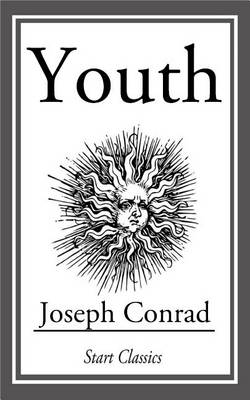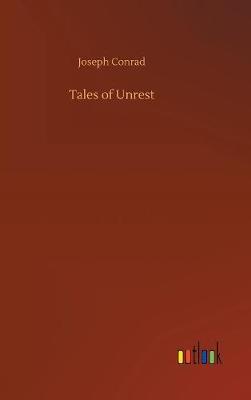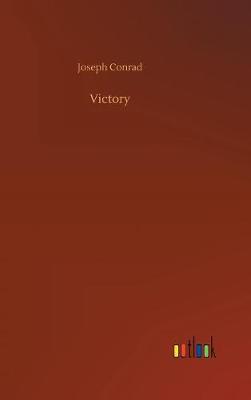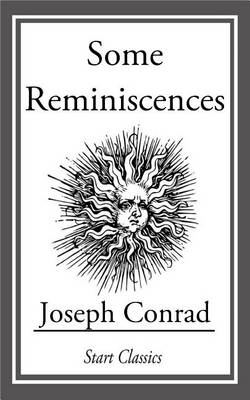Unabridged Start Classics
4 total works
Charles Marlow embarks on his first seafaring journey to the East as a young man on board the Judea, a barque headed towards Bangkok under the command of Captain John Beard. The Judea sets sail on a journey that is meant to take about 150 days, but bad luck and danger follow the vessel wherever she goes. "Youth" is a semi-autobiographical short story based on author Joseph Conrad's own experiences aboard the ship the Palestine in 1882. Much of the plot and some of the characters, such as Captain Beard, were based on actual people and events. The narrator, Charles Marlow, serves as the protagonist in other of Conrad's works, including Heart of Darkness, Lord Jim and Chance.
While these share some of the thematic preoccupations and settings of his famous later novels, the stories already demonstrate Conrad's innovative and dramatic power. Exploring themes of betrayal, fear, hope and return, this anthology brings together KARAIN: A MEMORY; THE IDIOTS; AN OUTPOST OF PROGRESS; THE RETURN and THE LAGOON. Following their magazine serialisation these made up Conrad's first collection of short stories in 1898, only three years after he abandoned the sea to write professionally.
In Victory (1915) Conrad returns to the Malay Archipelago, to the setting of his first mature novel, Lord Jim, and in Axel Heyst he creates a hero who is in many ways similar to Jim, a noble altruist destroyed by his ideals. Heyst is emotionally crippled by the influence of his dead father, a sceptical philosopher who has bequeathed to Heyst an attitude to life summed up in the father's dying words: 'Look on - make no sound.' Despite this injunction Heyst allows himself to become inextricably involved with an English Cockney girl whom he rescues from Giancomo's Travelling Ladies' Orchestra and carries off to his isolated retreat on the island of Samburan. His action incurs the fatal wrath of Schomberg, the island's innkeeper, who sends in pursuit of Heyst three demonic strangers whose invasion of his island paradise leads rapidly to the novel's violent and tragic close. Victory was the first of Conrad's novels to be completed after the commercial success of Chance (1914) had transformed Conrad's fortunes and made him internationally famous. It is a more complex example of the literary form which Conrad evolved for Lord Jim: a story of action and high adventure coexisting with an exhaustive study of the psychology of the central character.
Notoriously unreliable and digressive in structure, it is nonetheless the principal contemporary source for information about the author's life.[citation needed] It tells about his schooling in Russian Poland, his sailing in Marseille, the influence of his Uncle Tadeusz, and the writing of Almayer's Folly. It provides a glimpse of how Conrad wished to be seen by his British public, as well as being an atmospheric work of art.[citation needed] The "Familiar Preface" Conrad wrote for it includes the often quoted lines: "Those who read me know my conviction that the world, the temporal world, rests on a few very simple ideas; so simple that they must be as old as the hills. It rests notably, among others, on the idea of Fidelity."



